Shankar Sharma, who loves being called “Big Bear”, couldn’t wipe the smirk on his face even as he tried his best to put on a grim and solemn expression. The occasion was the steep plunge in the global stock market indices on Friday, 19th August 2011. The Indian stock market was no exception. The Nifty dived 100 points while the Sensex plunged 330 points. The Nifty collapsed from 6177 at the beginning of the year to 4845 on 19th August 2011, a steep plunge of 1332 points or 22%. This damage was on the index. Individual stocks suffered much greater loss.
For Shankar Sharma, who has been known as the “dooms day prophet” because of his perpetual clamoring that the markets are headed for a downfall, this was music for the ears. He couldn’t avoid the “Didn’t I tell you so” look though to his credit, he tried very hard.

However, Shankar Sharma also made his millions from the stock market. He knows better than anyone else that there is a time to buy stocks as much as there is a time to sell stocks. And the best time to do that is when the stocks are quoting at bargain basement prices. The risk of a loss is low while the chance of a gain is high.
Shankar Sharma’s interview in the ET, if read carefully between the lines, does throw out a clear indication that for the patient long-term investor, this is the right time to start accumulating stocks of quality companies.
Shankar Sharma exuded confidence that India would continue to grow at the rate of 7.8 to 8.2% and that he was not bearish on India’s economic growth. He made the core point that the real economy would grow a lot faster than the stock market. He explained that if one went back three years from the time the bear market started, it would be seen that while the real economy compounded at a nominal rate of 14% or 15%, the stock market has not come even close to that.
Shankar Sharma hinted that this disconnect between the growth in the real economy and the stock market may translate into strong equity gains over a period of time even if it did not happen immediately.
Shankar Sharma also exuded confidence that Indian markets would emerge “winners out of the rubble”. He explained that while the World was growing at sub 1% and 1%, India was growing at a scorching pace of 7%. This mean that once the dust settles down, Indian stock markets would emerge as “eventual winners”. He did not leave anything to the readers’ imagination and emphasized:
“There is no issue as far as growth is concerned, we can tinker around with 0.2%-0.4% but it is my firm belief that India as an economy will do very well. The stock markets need not to do the same for a reasonable length of time like I told you last three years it has not been correlated. I daresay for about a year or so at least I do not see stock markets coming back but project it out a little bit I am sure out of this entire thing India will be amongst the best markets to be in for sure.”
Shankar Sharma also said that the next bull market would be led by the second tier and third tier stocks which had received a battering. He said that this time conventional wisdom would not work and instead of the large caps which lead the bull market, the small and mid-cap stocks would be in the forefront.
Shankar Sharma called this a “stealth bull market” because the headline index would not show the steep rise in the prices that the small and mid-caps were reflecting. He gave the example of NASDAQ which over the last seven-eight years has not gone anywhere but if one looked below the large cap stocks like Microsoft, Dell, Cisco and Intel, a number of stocks had done phenomenally well.
Shankar Sharma hinted that the same thing would happen in India and while Reliance Industries and ONGC would not participate in the bull market, a number of stocks below the top 50 and 100 stocks would lead to a healthy bull market.
So, the underlying message in Shankar Sharma’s message was that while one may keep away from the heavy weight stocks like Reliance & ONGC, one should slowly but steadily start buying stocks of well managed medium-rung companies to prepare for the next bull market.
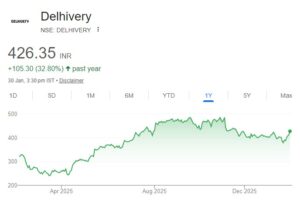
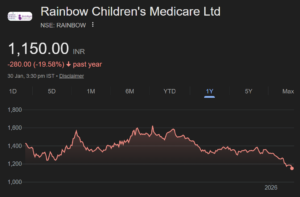
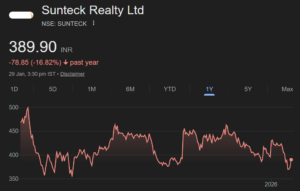
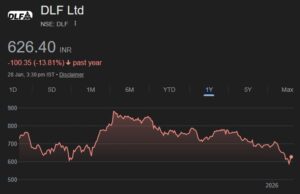
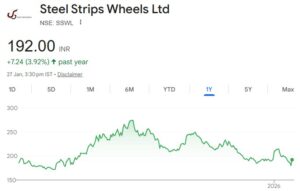
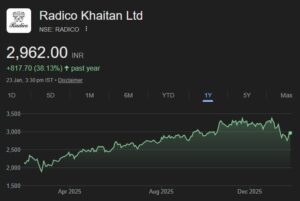
can i contact Mr shankar sharma
will he will be able to analysis of my portfolio and some advice for a cost
i am very small investor with huge losses